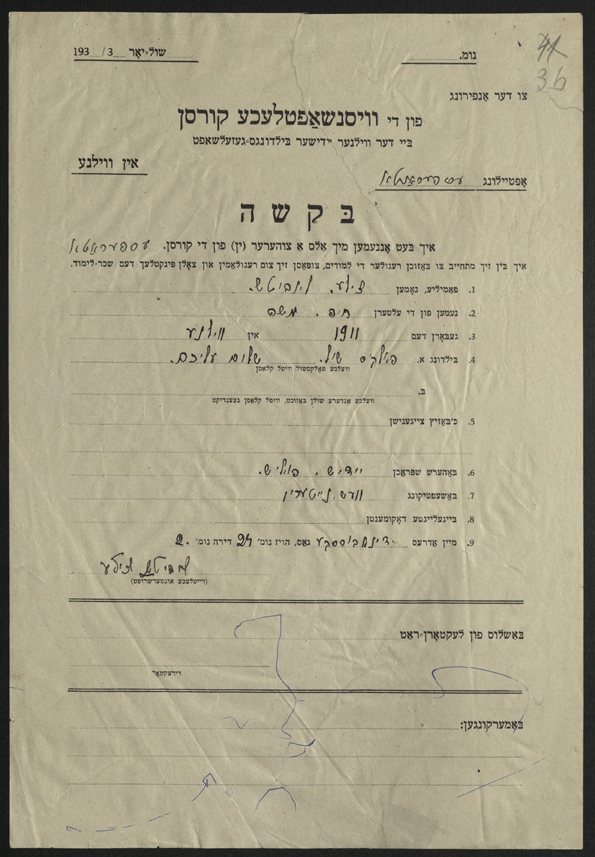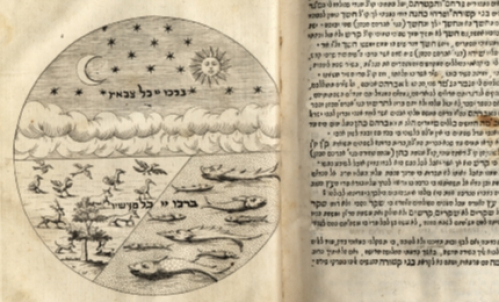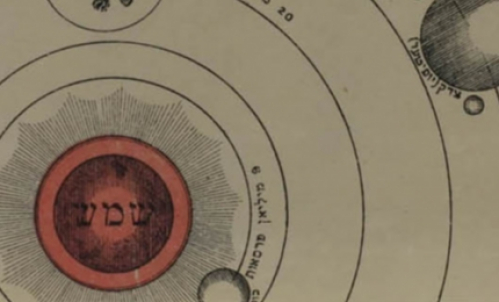A Seamstress Wants to Learn Esperanto
by ROBERTA NEWMAN
The recent publication of Esther Schor’s Bridge of Words: Esperanto and the Dream of a Universal Language has drawn new attention to the Jewish roots of Esperanto, a language invented by a Polish Jew in the late nineteenth century. Ludwik Zamenhof saw a universal language as a pathway to a world without nationalism, tribalism, and war.
His dream, of course, was never realized. But Esperanto itself never quite died out. It captured the imagination of people around the world and even today has possibly hundreds of thousands of speakers. (For example, the philanthropist George Soros grew up in an Esperanto-speaking home.) In the period between the two world wars, Esperanto societies and courses emerged all over the world, including in Poland, and attracted followers and students, including young, idealistic Jews.
This application for registration in an Esperanto course offered in the 1930s in Vilna (Wilno) by VILBIG (Vilna Jewish Education Society) was filled out by Tsile Lyubitsh, a young lingerie seamstress. Born in 1911, she was a member of the first generation to have attended one of the new secular Yiddish schools that were established in the wake of World War II.

What motivated Tsile to want to learn Esperanto? One possible clue comes from the memoir of a young Jewish man in Kielce, born in the same year at Tsile. A. Greyno, as he signed his submission to an autobiography contest sponsored by YIVO in the 1930s, was from a poor family. Like Tsile, he was a garment worker, and in his case, a trade unionist. He also dreamed of a world without borders, but more specifically, of a unified world proletariat, and had found a socialist Esperanto organization with which to affiliate:
Its main agenda was to promote the language among workers, to unite them through the organization, and to make them into internationalists in the fullest meaning of the word. The goal was to uproot people’s national traditions and educate them in the humanitarian spirit, to teach them to oppose chauvinism, racial hatred, and war, and to embrace socialism. (1)
Did Tsile have similar motivations for learning Esperanto?
This artifact is one of the thousands of pages of YIVO’s prewar archives currently held at the Lithuanian Central State Archives, and which have been digitized for the Edward Blank YIVO Vilna Collections Project.
Roberta Newman is YIVO’s Director of Digital Initiatives.
(1) Jeffrey Shandler, ed. Awakening Lives: Autobiographies of Jewish Youth in Poland Before the Holocaust. Yale University Press/YIVO, 2002, 92.



